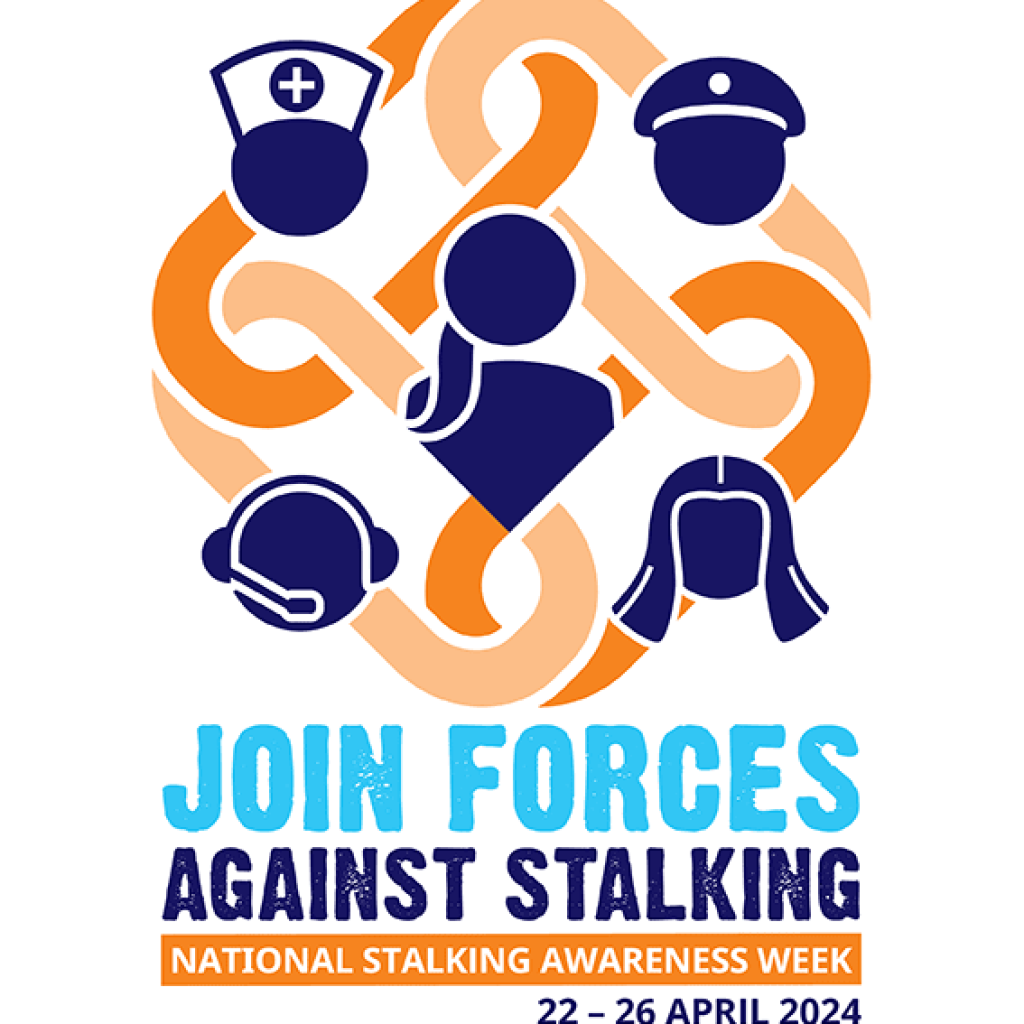What is Stalking?
Stalking is a more aggressive form of harassment, where someone repeatedly behaves in a way that makes you feel distressed, scared or threatened. The stalker will have an obsession with the person they are stalking. This could be an ex-partner, a family member or even a complete stranger. The unwanted behaviour must have happened more than once and could include:-
- Watching or spying on you
- Following you or hanging around places they know you visit
- Repeatedly contacting you or attending at your home or place of work uninvited
- Checking your internet use, social media use or email communications
- Interfering with your property
- Identity theft such as signing up to services and buying things in your name
Anyone can be a victim of Stalking.
What are the Warning Signs?
The four warning signs of stalking are behaviour that is:-
Fixated
Obsessive
Unwanted
Repeated
What is a Stalking Protection Order
Stalking Protection Orders were introduced four years ago to allow Police to impose conditions on perpetrators of Stalking not to approach or contact their victims. A breach of one of these orders is a criminal offence carrying a sentence of up to five years in prison.
Statistics and Insights
According to the Suzy Lamplugh Trust one in five women and one in ten men will experience stalking in their lifetime.
During the year 2022-23 there were 116,323 reports of Stalking made to the Police yet the number of Stalking Orders granted was in the low hundreds and the conviction rate was only 1.7%.
Prior to new guidelines issued on 22 April 2024, in order for a Stalking Protection Order to be granted the Police had to meet the criminal standard of proof which was beyond reasonable doubt. It was felt that this high threshold was contributing to the low conviction rates along with a misunderstanding in the obsessive nature of stalking with each incident being looked at and investigated in isolation rather than as a pattern of behaviour that amounted to Stalking.
New Stalking Guidelines
New statutory guidance has been issued to all 43 police forces across England and Wales applying a lower standard of proof when issuing these orders. The new test is ‘on the balance of probabilities’, so in effect is it more likely than not that this conduct has been committed. This lower standard is in line with the civil burden of proof which operates in the Family Courts.
It is hoped that this new standard of proof will see an increase in the granting of Stalking Prevention Orders and in the overall conviction rate.
How can Tozers assist?
Tozers have a dedicated team of family lawyers who specialise in supporting individuals that are being subjected to any form of domestic abuse including Stalking from an ex-partner or family member.






